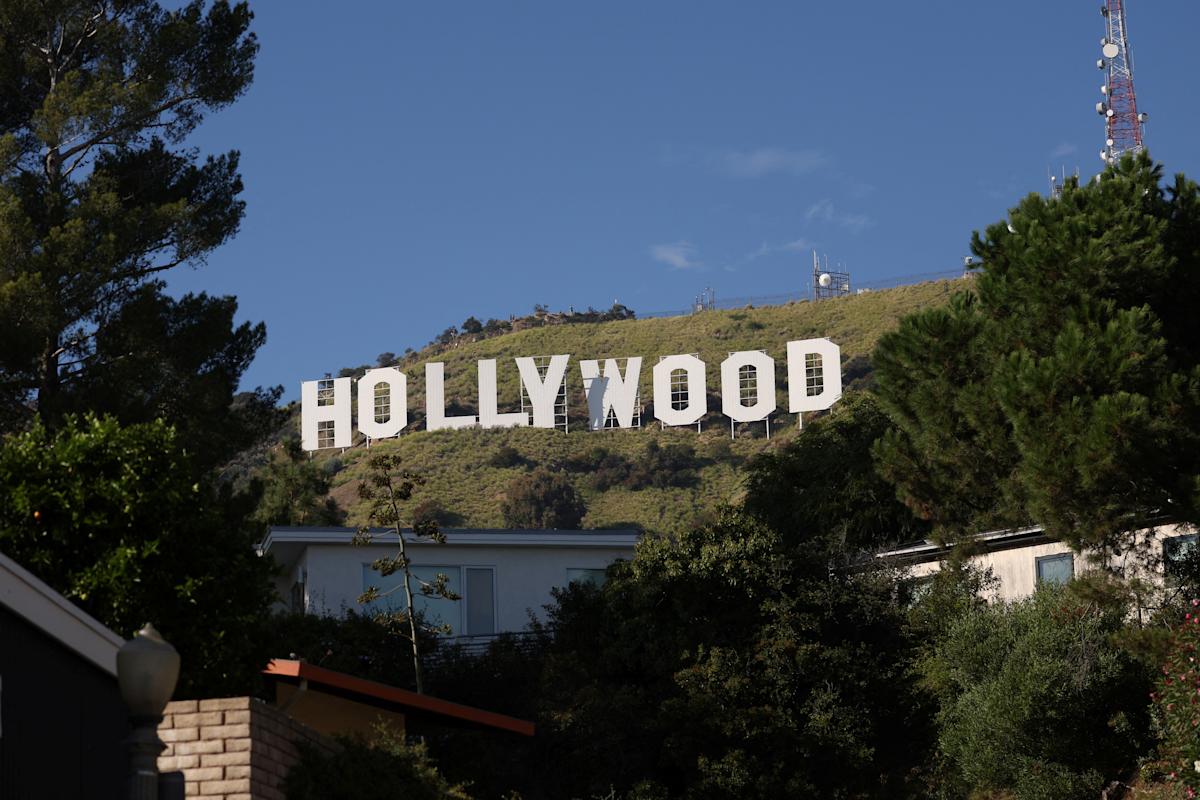Trump's 100% Tariff Proposal on Foreign Films Causes Industry Shockwaves
- Small Town Truth

- May 5
- 2 min read

Trump Proposes 100% Tariff on Foreign Films, Sparking Market Reaction
The film industry is facing potential upheaval following President Donald Trump's directive for a 100% tariff on all films produced outside the United States. This announcement has sent shockwaves through media stocks, with Netflix, Warner Bros., and Paramount Global witnessing declines in their share prices.
On Monday, Netflix led the downturn, dropping around 2%, while Warner Bros. Discovery and Paramount Global experienced a 1% decline after recovering from deeper losses earlier in the day. Disney's stocks remained relatively stable, showing little change.
The drastic market response emerged shortly after Trump's late Sunday announcement, wherein he claimed, "The Movie Industry in America is DYING a very fast death," attributing this decline to international competition drawing filmmakers away from the U.S. He views the situation as a national security concern due to the increasing influence of foreign nations in the entertainment sector.
A separate note highlighted the global interconnectedness of filmmaking. Trump’s proposal follows a trend of international retaliatory moves, specifically citing China's recent decision to reduce imports of U.S. films in response to previous tariff escalations.
The proposed tariffs could significantly impact several major film projects that have international roots, such as Disney's "Avengers: Doomsday" and "Spider-Man: Brand New Day," among others. These films, produced in locations like the UK and New Zealand, stand to be affected should the tariffs be implemented.
Industry experts have weighed in on the repercussions of such tariffs. Chris Fenton, an established Hollywood executive, noted, "Until there is more clarity, this new development will likely slow down the business or, in a worst case, shut it down in exactly the same way that the strikes affected Hollywood." Kathryn Arnold, a veteran film producer, emphasized the potential harm to mid-budget films, calling the initiative "insane and devastating" due to the increased costs of domestic production.
Observers are keenly assessing how these tariffs might be structured, including whether they would apply to different distribution formats such as streaming or only to theatrical releases. The treatment of existing international collaborations remains uncertain, presenting possible legal complications for studios engaged in global content creation.
Ben Swinburne, a Morgan Stanley analyst, expressed caution about the potential outcomes, noting that a 100% tariff could increase film production costs while simultaneously reducing the number of films produced. This is particularly concerning for Netflix, which sources about 30% of its viewership from films.
Additionally, foreign governments may respond to these tariffs with their own measures, potentially targeting U.S. streaming services or curtailing film releases within their markets. As the industry awaits further details, the ramifications of this potential policy shift remain a topic of intense discussion.
For more on this developing story, follow ongoing updates through the following link: The latest news and updates on Trump's tariffs.
.png)